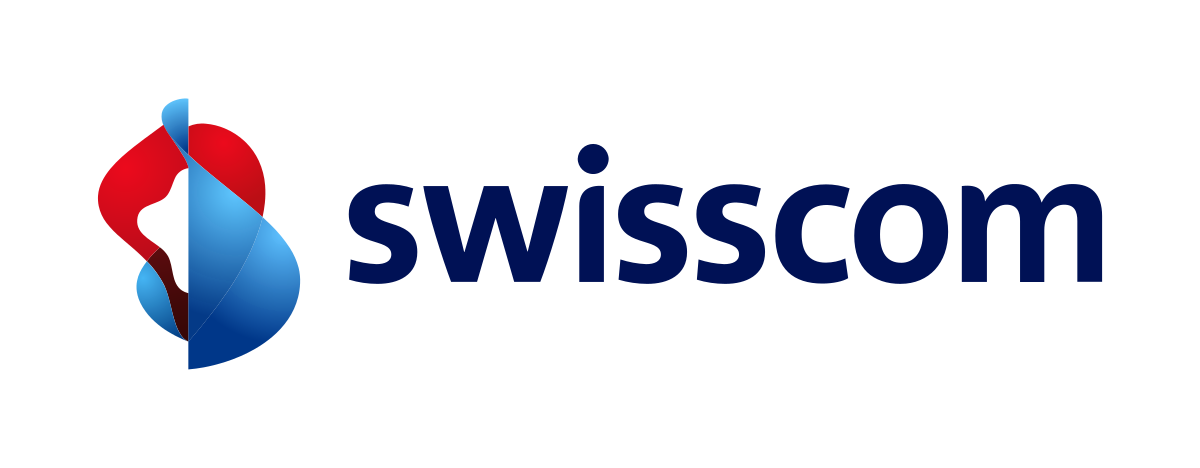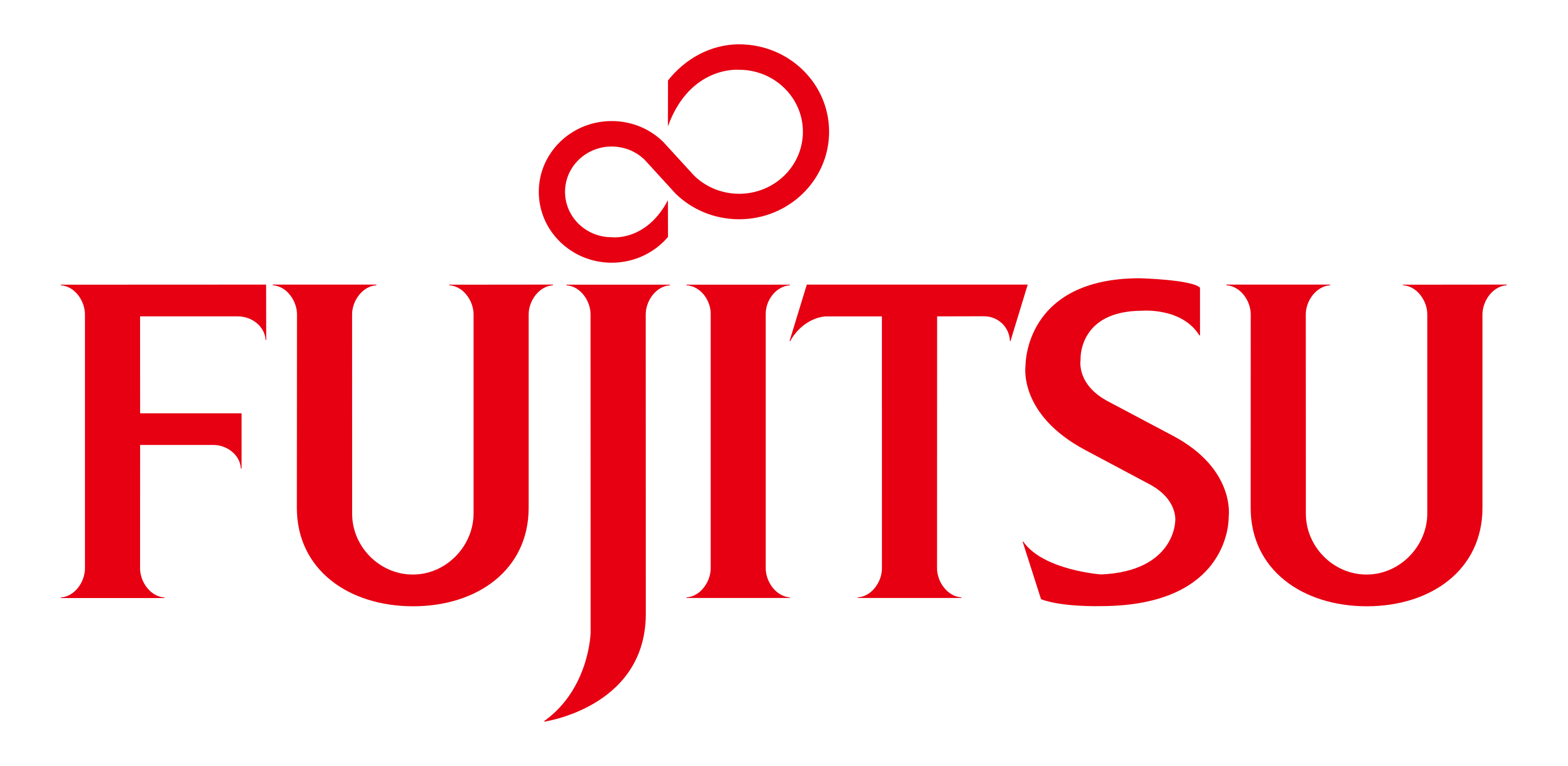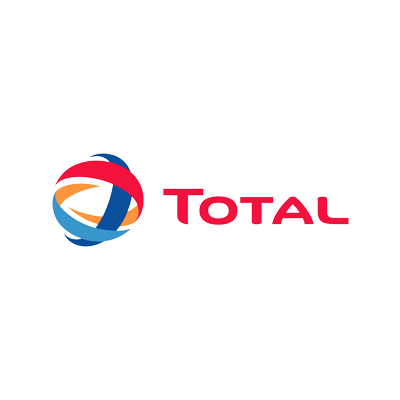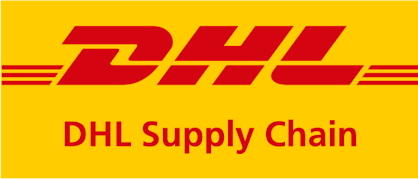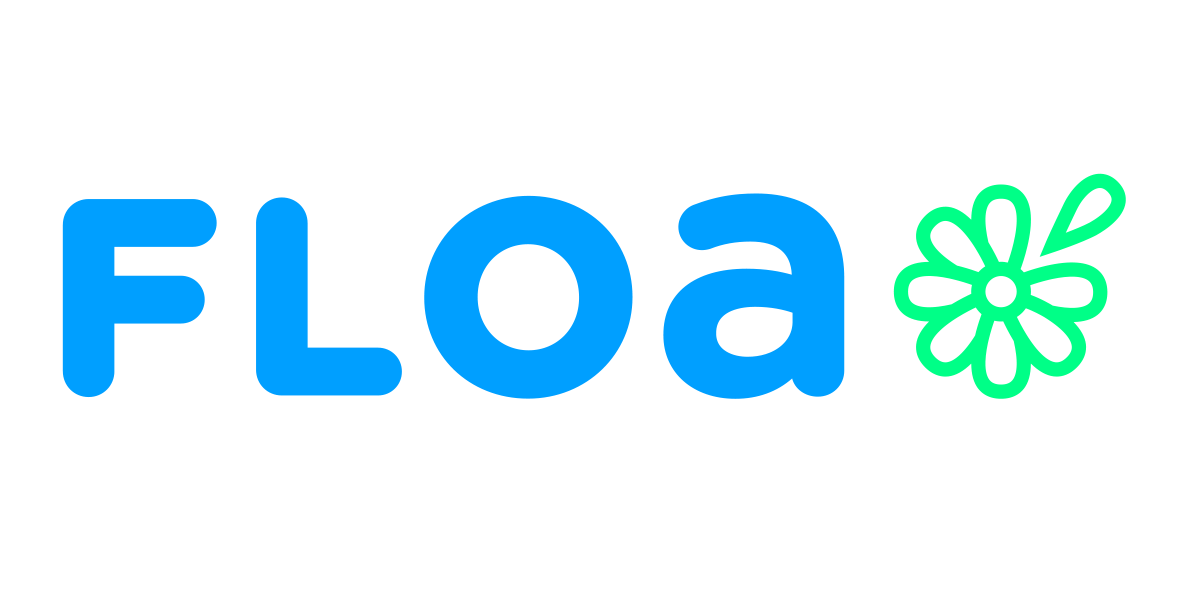Microsoft Fabric is a cutting-edge technology developed by Microsoft designed for comprehensive data management. Essentially, it can be seen as a significant extension of the Power BI module, enhancing its capabilities and scope. Microsoft claims that it is the most substantial data management tool since the introduction of Microsoft SQL Server.
This platform integrates various data services and tools, streamlining data processes from ingestion and storage to transformation and analysis. Microsoft Fabric aims to simplify complex data workflows, enabling businesses to efficiently manage and analyze large volumes of data. The technology promises to deliver advanced data handling capabilities, leveraging the power of the cloud and modern data architectures.
The SaaS Foundation of Microsoft Fabric
As an all-encompassing data management solution, Microsoft Fabric represents a pivotal advancement in how organizations can handle their data, building on the robust foundation laid by Power BI and furthering Microsoft’s legacy in the data technology landscape.
Microsoft Fabric is built on the fundamentals of Software as a Service (SaaS), offering simplicity and integration at an entirely new level. By leveraging SaaS principles, Microsoft Fabric ensures that users can access its powerful tools and features without the need for complex installations or infrastructure management. This cloud-based approach facilitates seamless updates, scalability, and accessibility, making it an ideal solution for modern data-driven organizations.
The platform provides user-optimized tools within a unified user interface, allowing for a cohesive and intuitive experience. This unified interface brings together various data management and analysis tools, simplifying the workflow and enhancing productivity. One of the standout features of Microsoft Fabric is its support for Low-Code/No-Code development approaches. This capability empowers users, regardless of their technical expertise, to build sophisticated analytical solutions.
By integrating with Microsoft Copilot, Microsoft Fabric enables the use of artificial intelligence and the GPT-4 model to enhance data analysis and decision-making processes. This integration allows users to leverage advanced AI capabilities, making data insights more accessible and actionable. With Microsoft Copilot, users can automate tasks, generate insights, and build analytical models with ease, all within the familiar environment of Microsoft Fabric.
Integration with Microsoft Systems
OneLake in Microsoft Fabric is an innovative data storage and management architecture that encompasses a comprehensive suite of tools and services. This architecture includes Data Factory, Synapse Data Engineering, Synapse Data Science, Synapse Data Warehouse, Synapse Real-Time Analytics, Power BI, and Data Activator. These integrated components provide a holistic environment for data processing, analysis, and visualization, making Microsoft Fabric a powerful platform for end-to-end data management.
One of the key advantages of Microsoft Fabric is its seamless integration with Microsoft 365 applications. This integration ensures that everyone in your organization can work within familiar applications while accessing and managing data through Microsoft Fabric. This unified experience enhances collaboration and efficiency, as users can leverage the full suite of data tools directly from their everyday work environment.
Additionally, Microsoft Fabric supports integration with systems operating within Microsoft’s cloud solutions, such as Microsoft Azure. This compatibility allows organizations to take advantage of Azure’s robust cloud infrastructure and services, further extending the capabilities of Microsoft Fabric. By integrating with Azure, Microsoft Fabric can leverage advanced cloud features such as scalable storage, high-performance computing, and enhanced security, providing a comprehensive and secure data management solution.
Is Microsoft Fabric the Future of Data Analytics?
Is Microsoft Fabric the future of data analytics? No one can say for certain, but it is highly likely. With its comprehensive suite of integrated tools, user-friendly interface, and advanced AI capabilities, Microsoft Fabric is poised to revolutionize the way organizations manage and analyze data. Its seamless integration with Microsoft 365 and Azure, along with its foundation in SaaS principles, positions it as a powerful and versatile solution for the evolving demands of data-driven decision-making. As technology continues to advance, Microsoft Fabric stands out as a promising contender in shaping the future of data analytics.
If you are interested in learning more about Microsoft Fabric or data analytics in general, we encourage you to contact us and follow our profile on LinkedIn.

